ROMANIA
In Bucharest, Viktor Orban met first with Hunor Kelemen, president of the Democratic Alliance of Hungarians in Romania (UDMR), in keeping with the tradition of holding an informal meeting with UDMR's leader before top Hungarian politicians start official talks in Romania. "Good luck for the European and municipal elections," Viktor Orban posted on Facebook after his talks with UDMR's head.
Hunor Kelemen posted a photo of himself with the Hungarian prime minister, writing "Hungarian summit in Romania".
Following the meeting, Viktor Orban held working consultations with Romanian Prime Minister Marcel Ciolacu at the Victoria Palace.
The working meeting was also attended by Romanian Transport Minister Sorin Grindeanu and Hungarian Minister for European Union Affairs Janos Boka. In an interview yesterday, Ciolacu told the Romanian DC News portal that
he believes that President Klaus Johannis stands a good chance of becoming NATO secretary general, as no decision-maker opposes him.
Romania's prime minister noted that the same cannot be said of his contender, Dutch Prime Minister Mark Rutte, whose appointment is not supported by Hungary, for example. Marcel Ciolacu added that he is proud of every Romanian citizen who gets an important position on a global level. In his view, Johannis could be a successful candidate in the race to become the next NATO leader, as the eastern flank should also be represented in the European and North Atlantic structures.
In the evening, Viktor Orban joined the preparatory meeting on the EU’s strategic agenda 2024-2029 in Bucharest, together with the prime ministers of Croatia, Belgium and Slovenia, Romania's president and European Council President Charles Michel.
The strategic agenda is a document to be adopted at the end of the EU’s institutional term, outlining the strategic challenges for the next institutional cycle and providing guidance to the EU institutions. The agenda is adopted by the heads of state and government and is discussed in small groups in several European cities before being adopted.
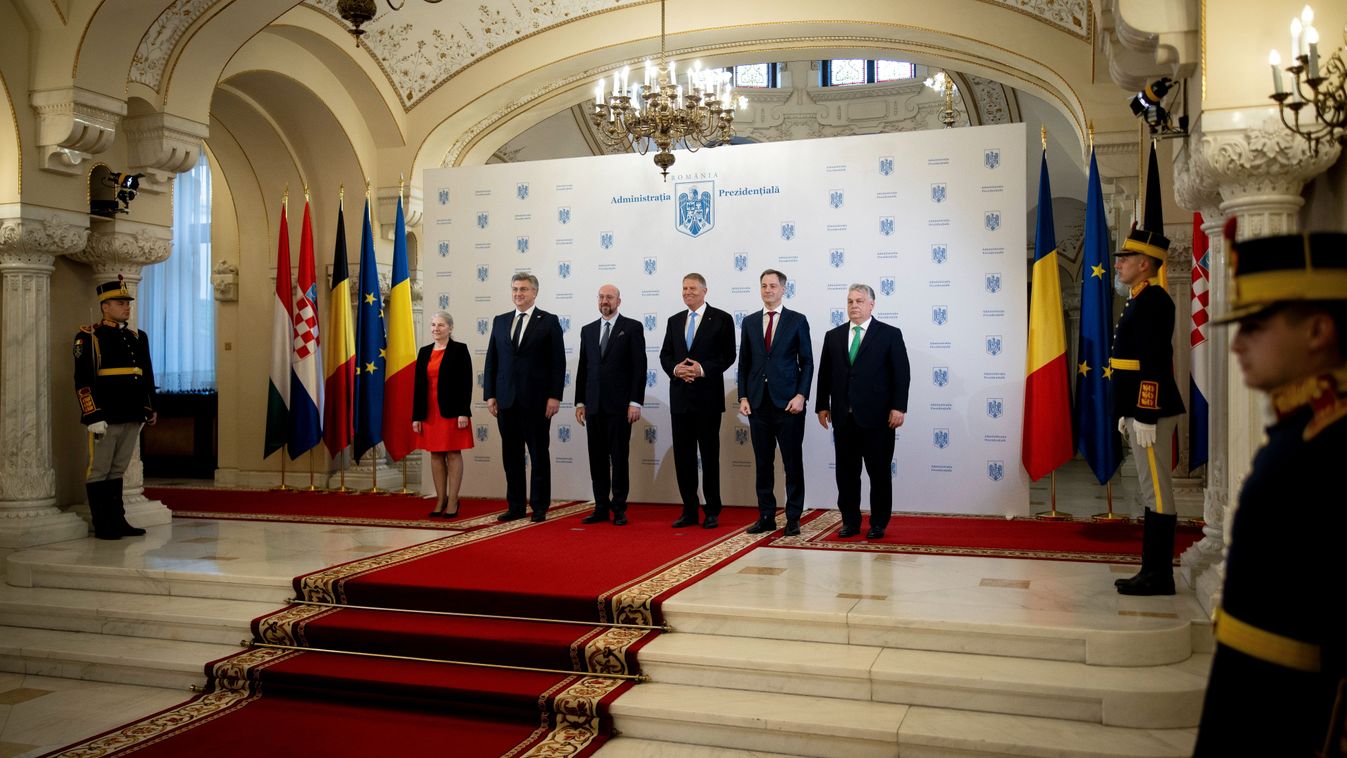
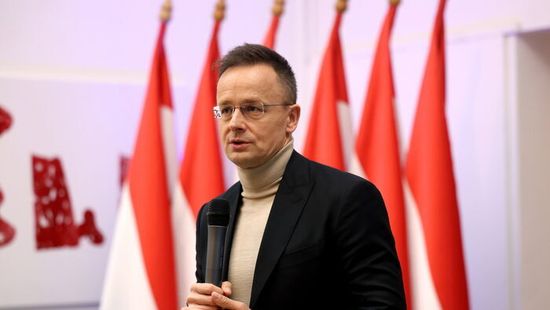
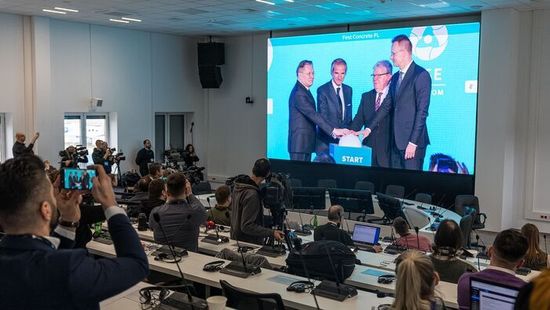
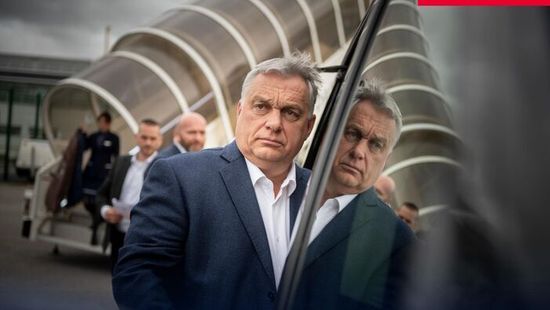
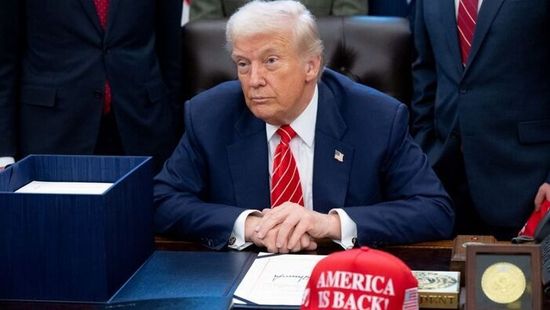

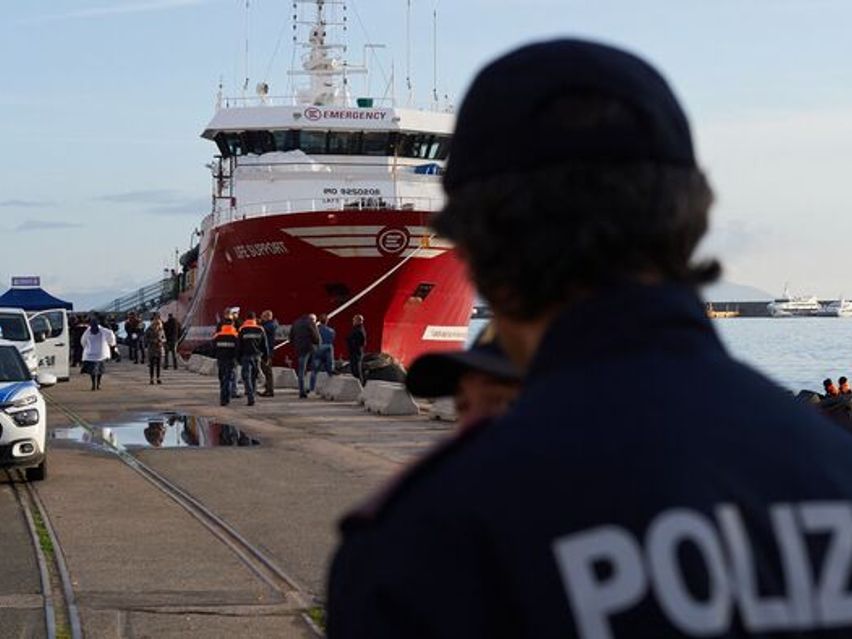
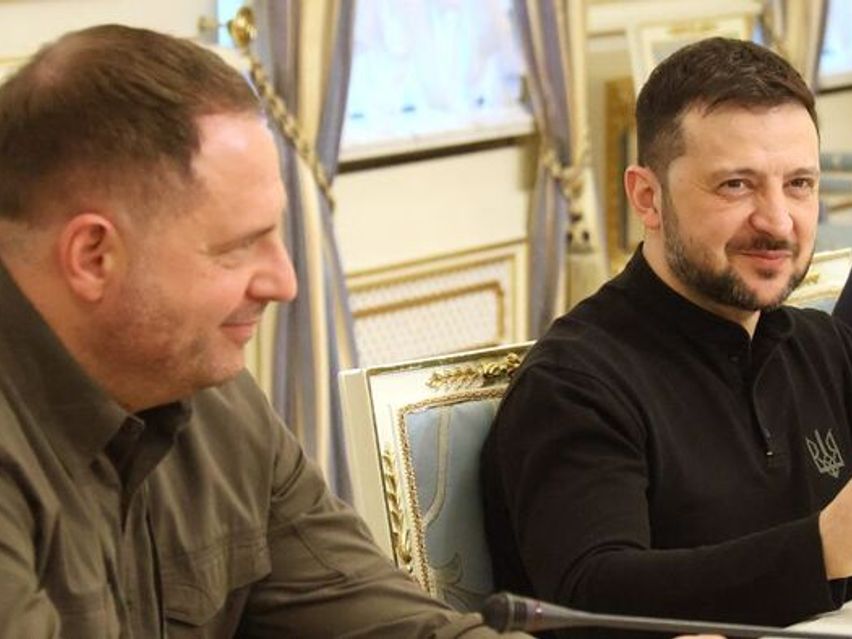
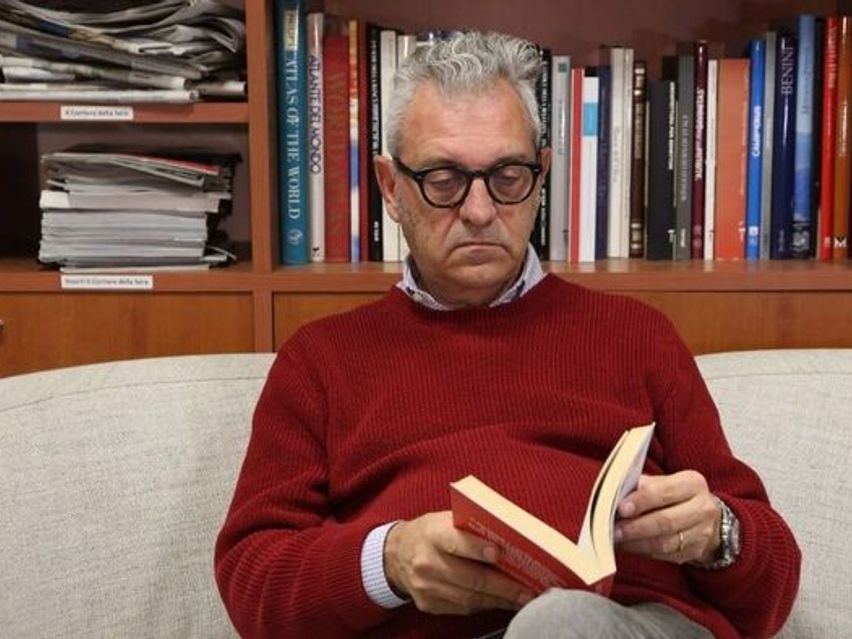
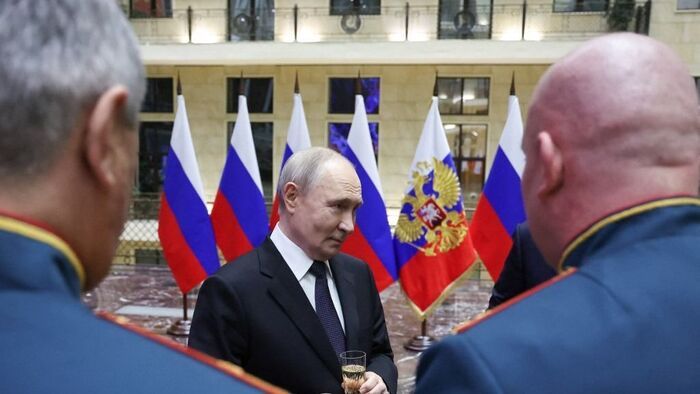

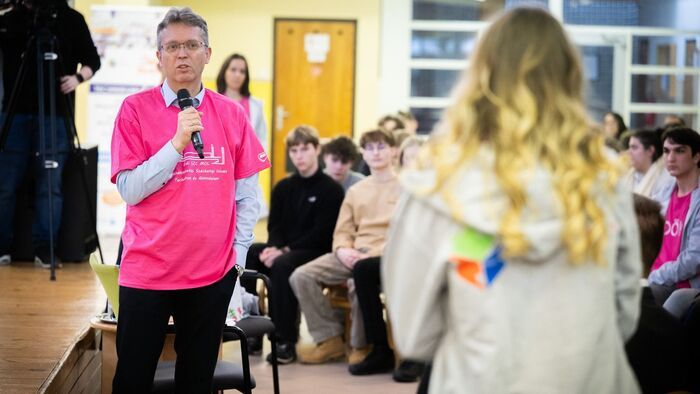

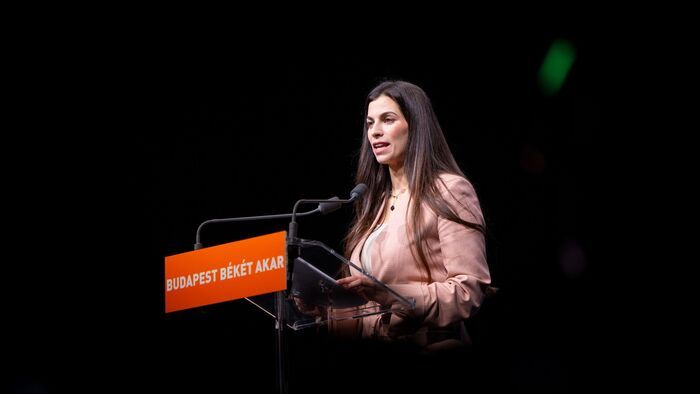
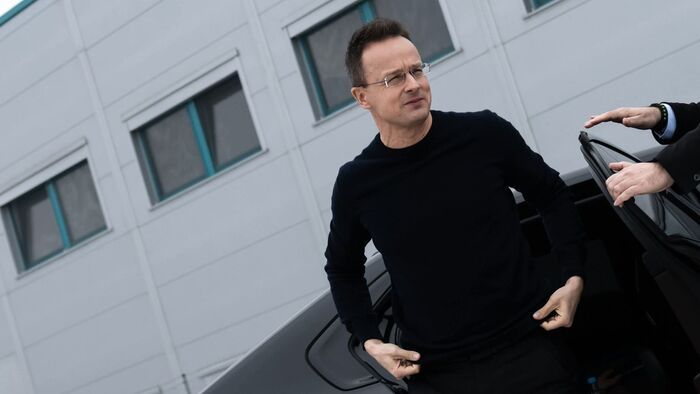
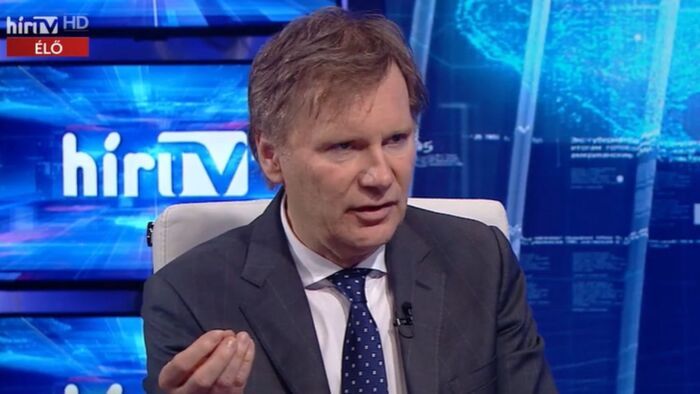
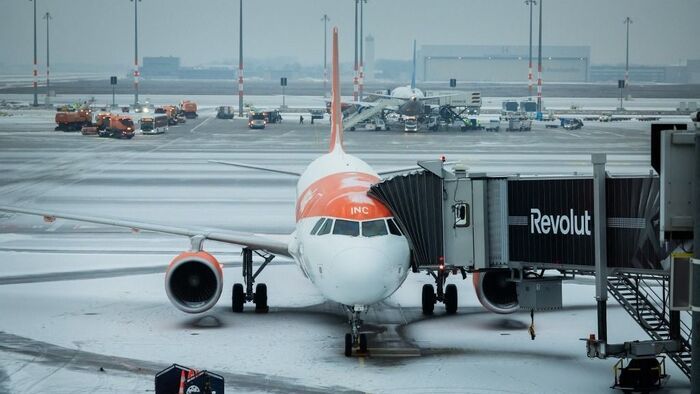
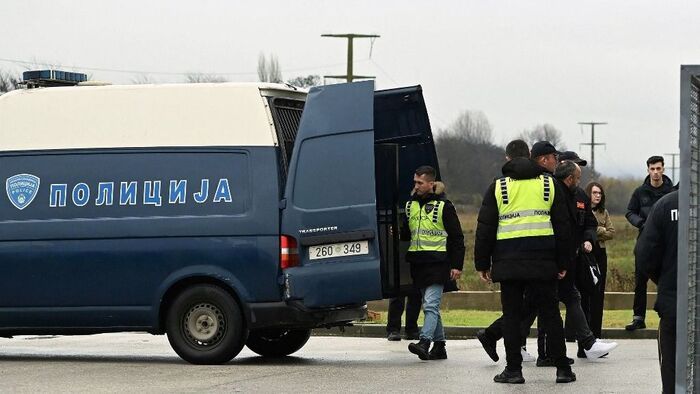
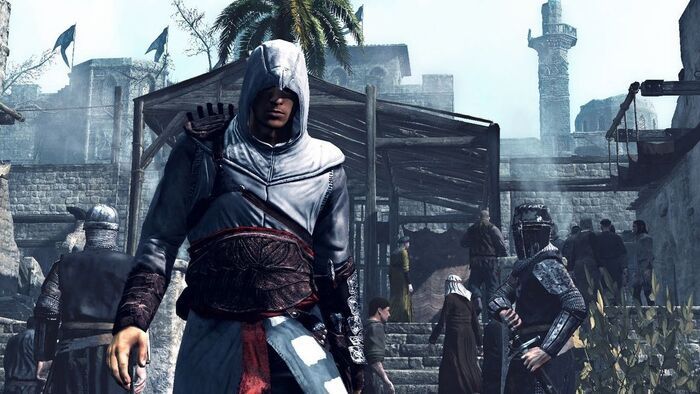
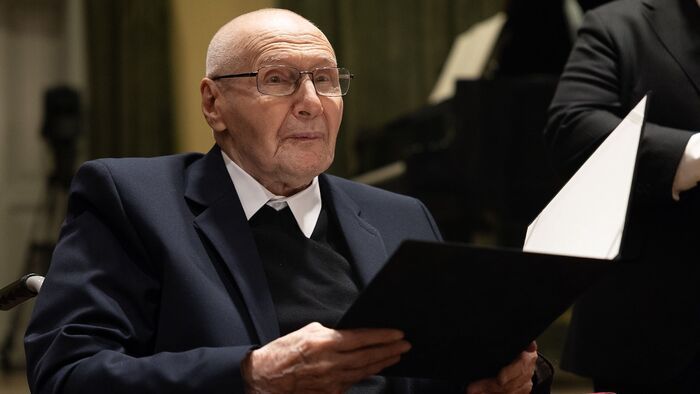


Szóljon hozzá!
Jelenleg csak a hozzászólások egy kis részét látja. Hozzászóláshoz és a további kommentek megtekintéséhez lépjen be, vagy regisztráljon!